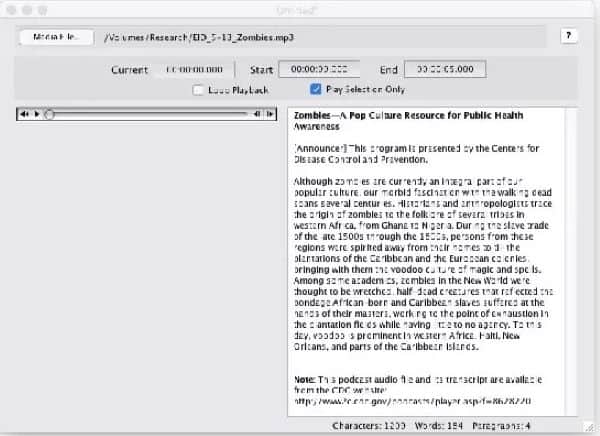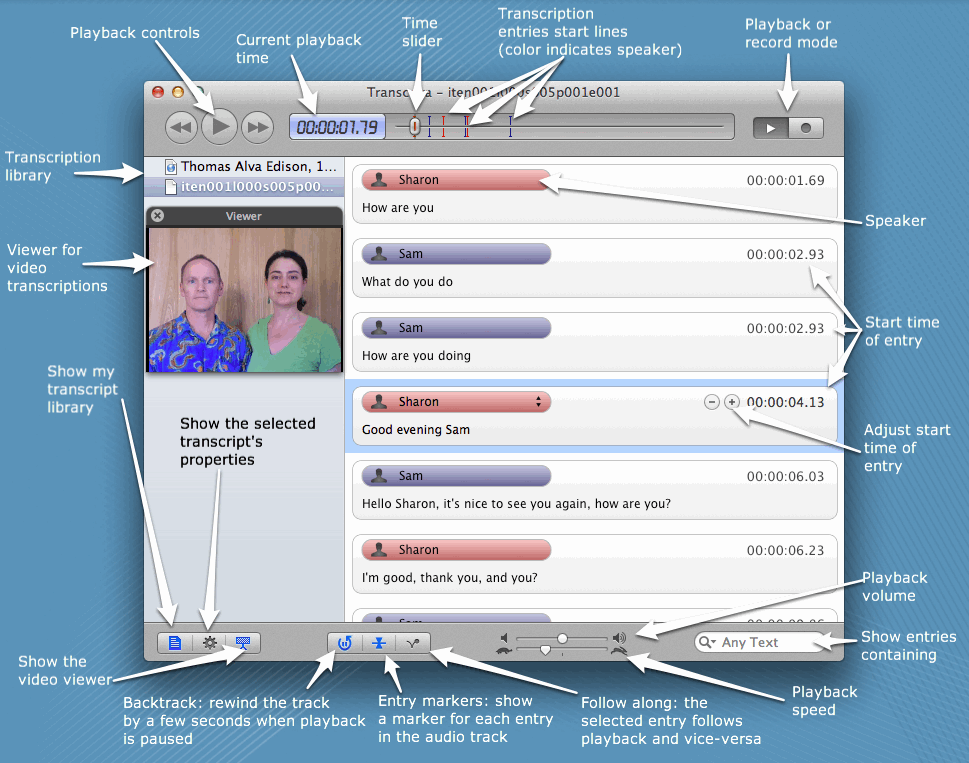

An intersectional analysis posits that forces such as racism, capitalism, and sexism will impact individuals in differing ways based on their identities and experiences. 13 Second, the concept of intersectionality informed our methodology. 13 Self-definition provides an antidote to the way in which marginalized individuals or groups are often misrepresented by people who do not share their identities-in this case, trans people in medical settings.

Patricia Hill Collins' concept of self-definition is a key theoretical construct guiding our research. Participants identified many strategies for healing, including taking baths, a good meal, and aromatherapy, expanding the definition of “health” and “care” beyond one that focuses primarily on health care professionals and institutions.Īdditional literature of the lived experience of trans people reviewed included a study on LGBTQ experiences of aging 11 and health care experiences of members of the house/ball community in Charlotte, North Carolina. 10 YWEP is a youth led organization in Chicago for girls in the sex trade that includes many transgender women. 9 A 2009 PAR study by the Young Women's Empowerment Project (YWEP) focused on sharing strategies for resilience in the face of violence from individuals and institutions.

9 They also identified the use of the focus group as a model to build connections and share strategies for resistance. The Welfare Warriors Research Collaborative of Queers for Economic Justice in 2010 published “A Fabulous Attitude: Low income LGBTGNC people surviving and thriving on love, shelter, and knowledge,” which defined healing broadly and identified key health care priorities, including access to benefits such as cash benefits, food stamps, and social security, without experiencing negative treatment or discrimination. Identifying broad definitions of health care issues was crucial in developing a framework for the focus group. 8 Participants wanted providers to address their overall well-being, including mental health, rather than solely focusing on their perceived sexual health risk factors.

8–10 Persist Health Project self-published a report “No lectures or stink eye: the health care needs of people in the sex trade,” that asked participants to identify what an ideal health care provider would be like. While aTHeNA is not a Community-Based Participatory Research 7 (CBPR) or Participatory Action Research (PAR) study, several CBPR and PAR studies conducted by community organizations that included trans participants were influential in our focus group design. Trans people often travel substantial distances to seek care in the region even in urban areas, there are a limited number of providers skilled in trans-affirming care. The largest city in the region, Springfield, MA (population 155,000) 6 has a large Puerto Rican community and relatively large Dominican, Jamaican, Vietnamese, and African American communities. 2–5 The rural and semirural parts of the region are predominantly white (non-Latinx). 1 Western Massachusetts is predominantly rural and regionally underrepresented in terms of trans health research in the state. It is well documented that transgender people in the United States and in Massachusetts face discrimination in and outside of health care settings. Further research is needed to incorporate trans perspectives into health literature.ĪTHeNA (a Trans Health Needs Assessment) is a pilot transgender (trans) health needs assessment, which engages a group of trans and gender non-binary individuals in western Massachusetts to share their knowledge and experience of existing health care systems and their visions for an ideal health care system. Results: Key participant recommendations include providing medical care that recognizes and values client self-knowledge, elimination of gender markers in insurance billing, and comprehensive health care team education across inpatient and outpatient settings.Ĭonclusion: Focus group participants outlined the limitations of current services and envisioned possibilities for a more ideal system. Concepts of respect, care, self-definition, and intersectionality informed study design and analysis. aTHeNA utilized an interdisciplinary approach. Methods: aTHeNA is composed of a focus group of eight trans and gender nonbinary individuals held in western Massachusetts in January of 2016 and qualitative analysis of that focus group to synthesize themes. This study examines research strategies and best practices to improve trans health care by prioritizing the knowledge and recommendations of trans and gender nonbinary people. Purpose: aTHeNA (a Trans Health Needs Assessment) is a pilot study exploring the perspectives and experiences of trans people in western Massachusetts on and with health care.


 0 kommentar(er)
0 kommentar(er)
